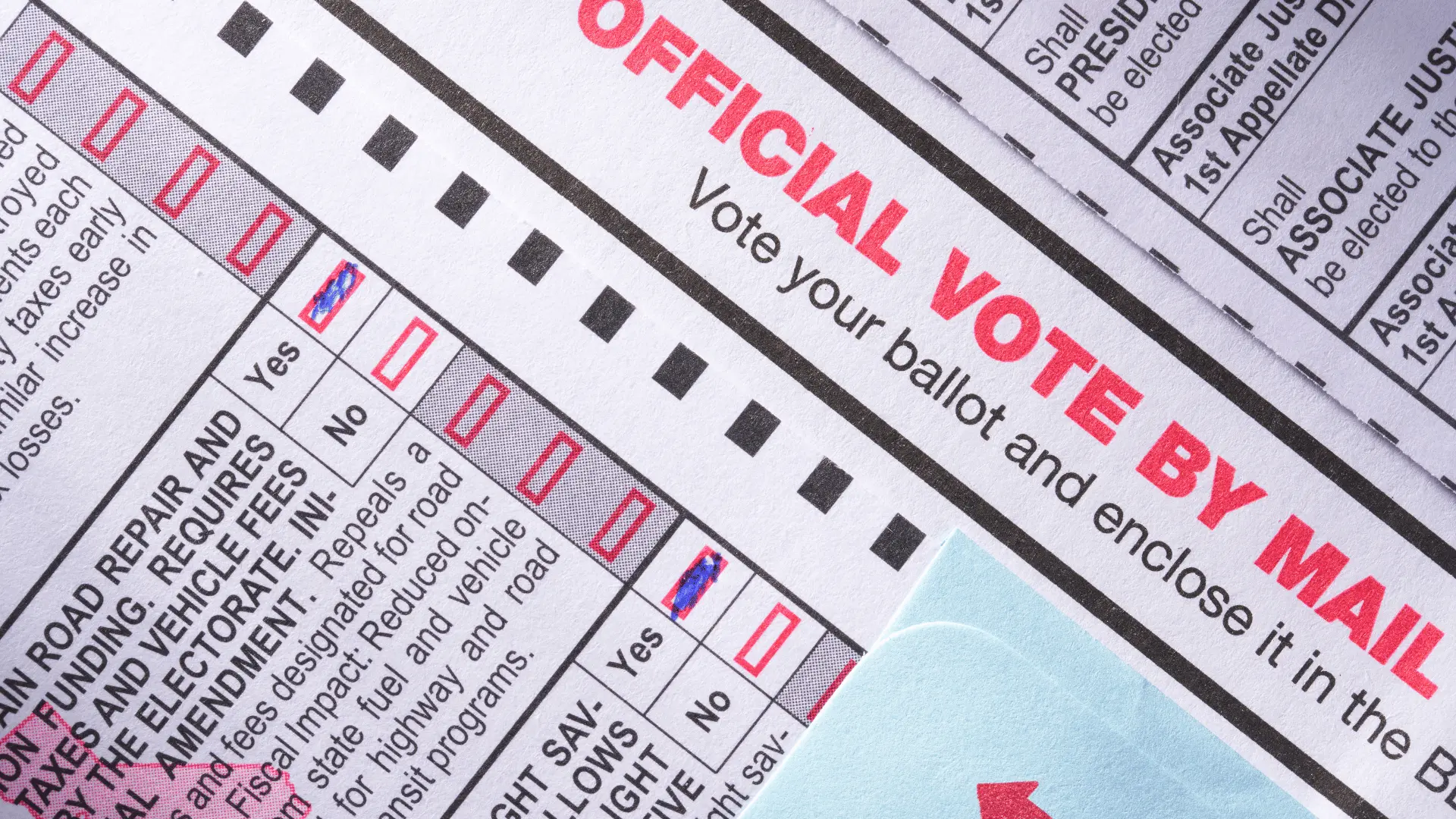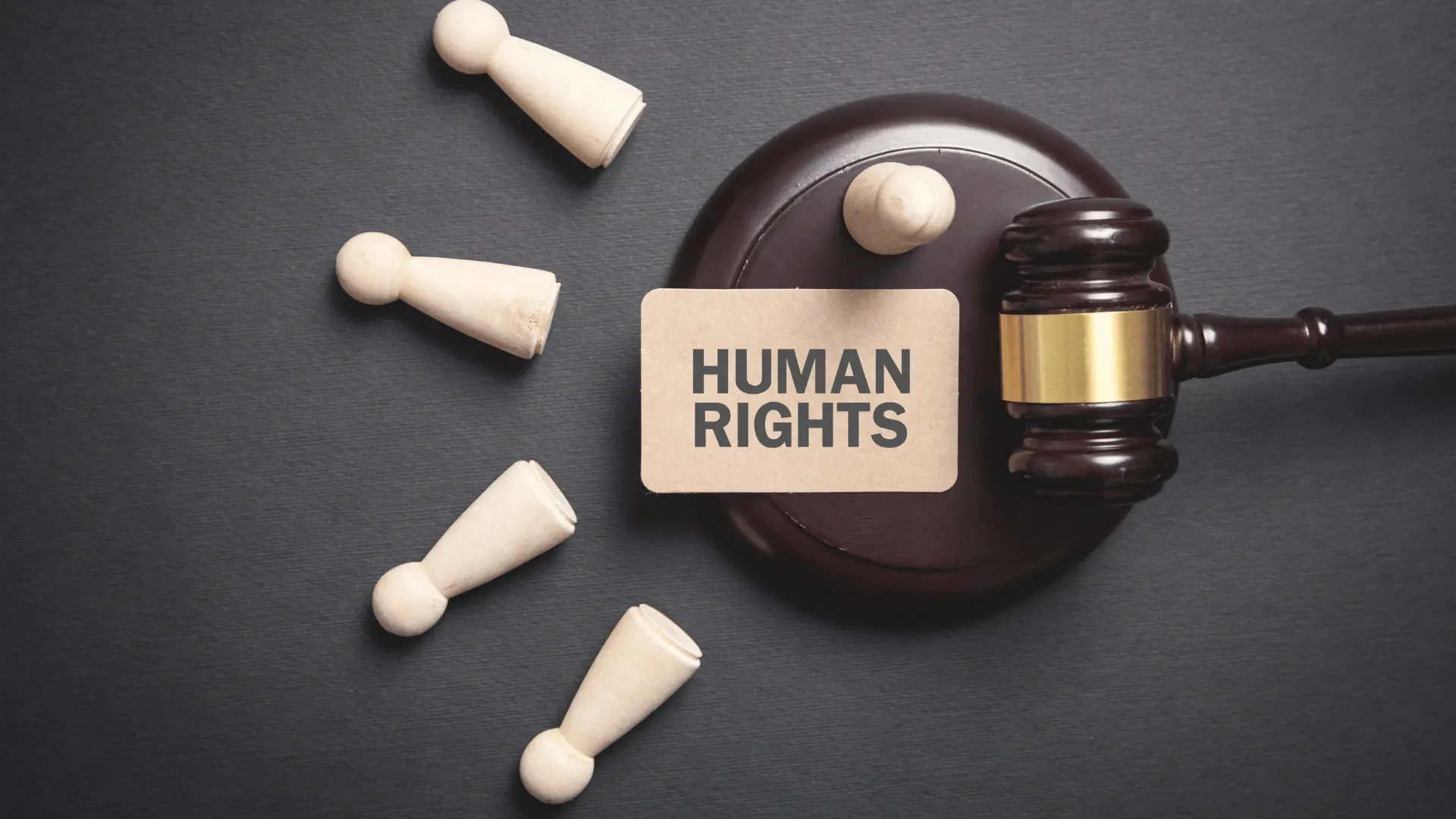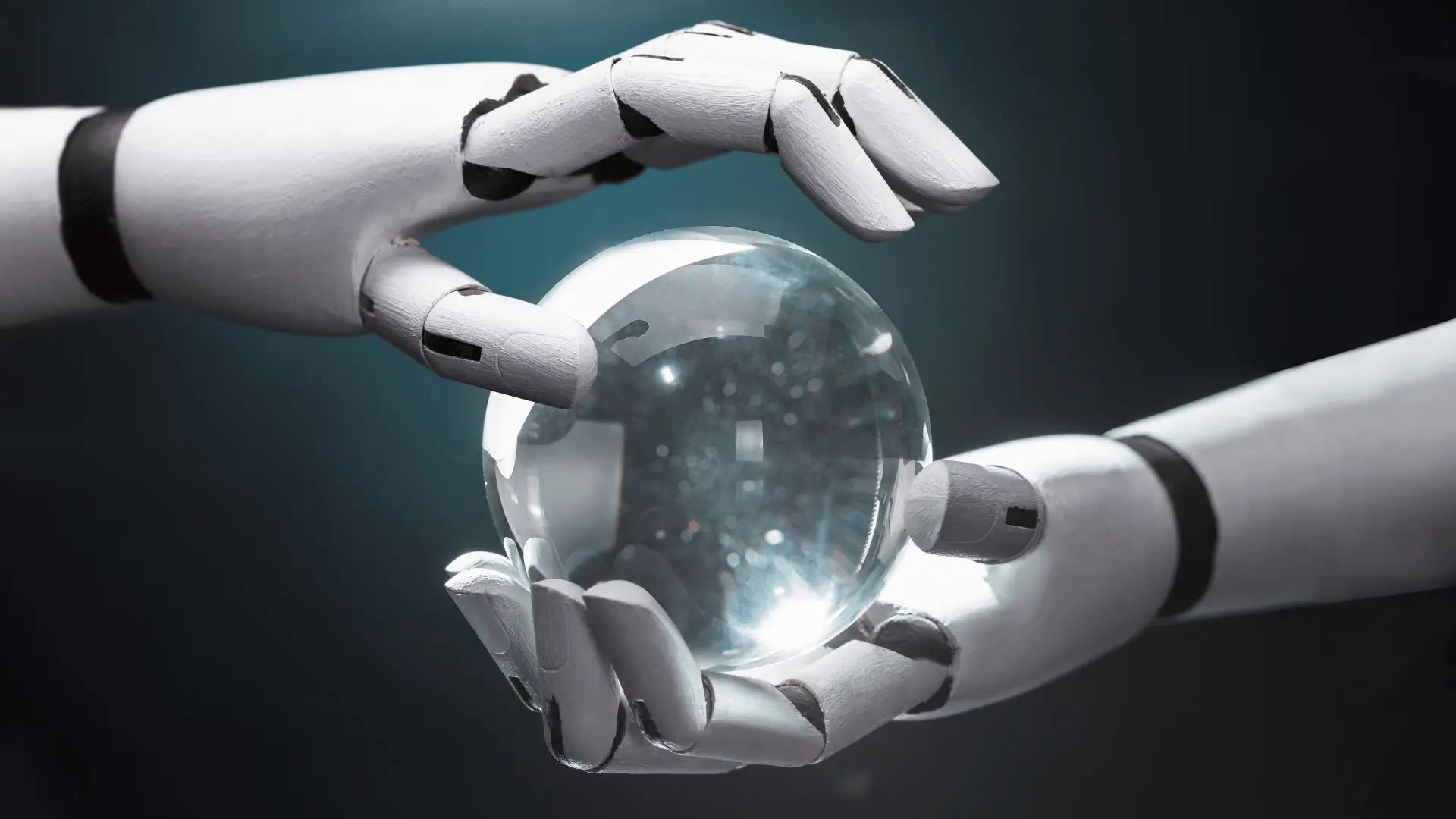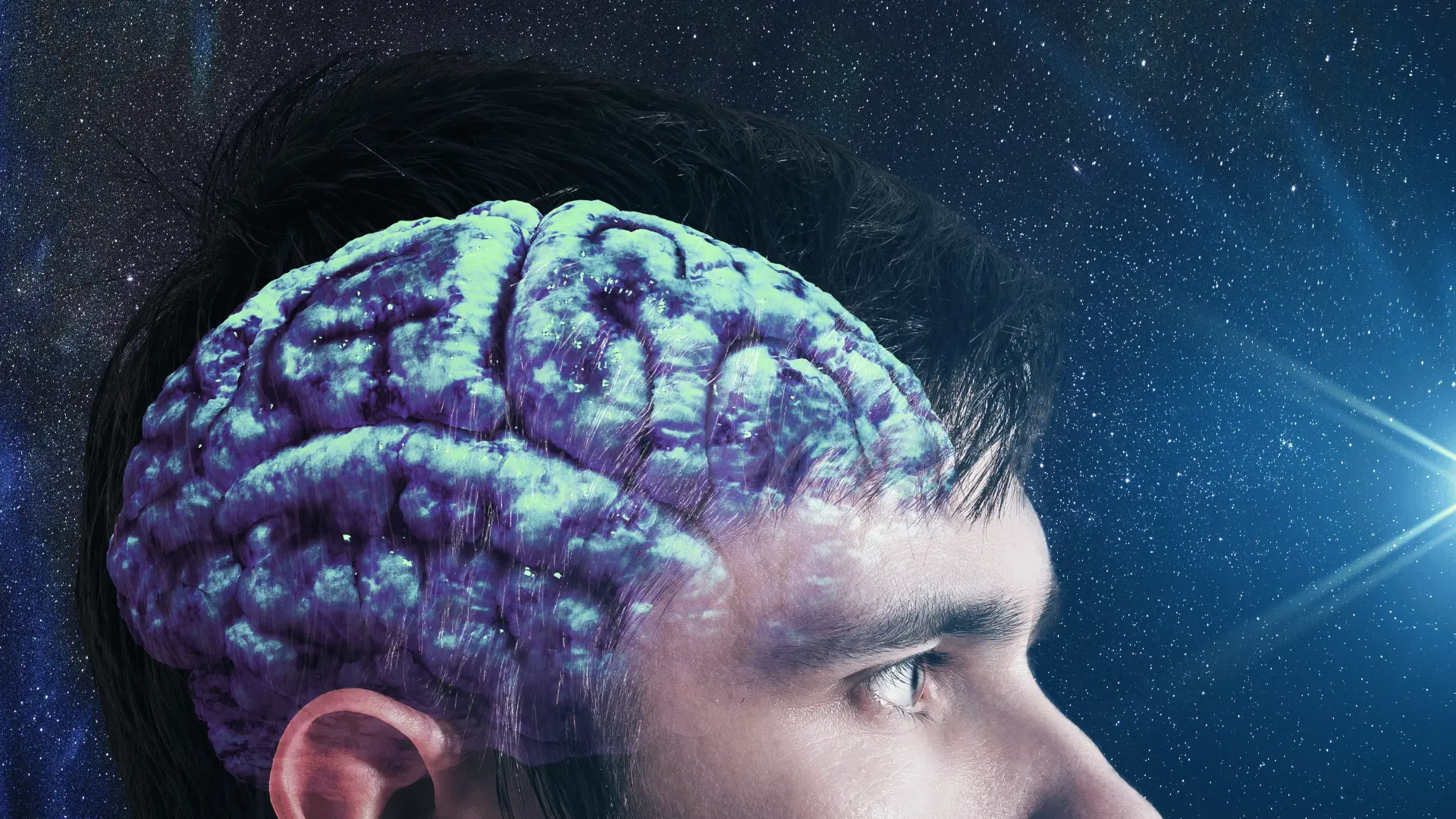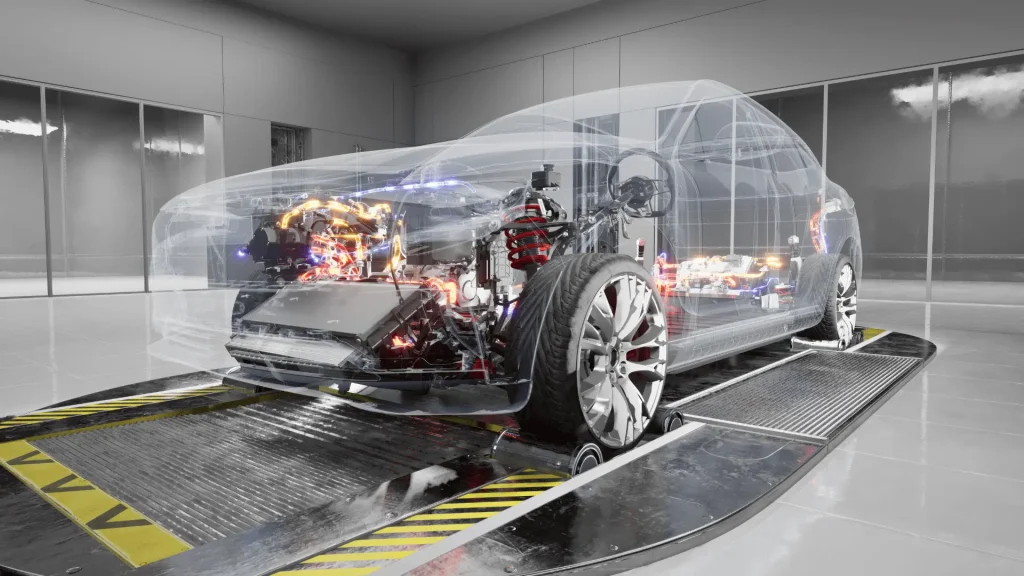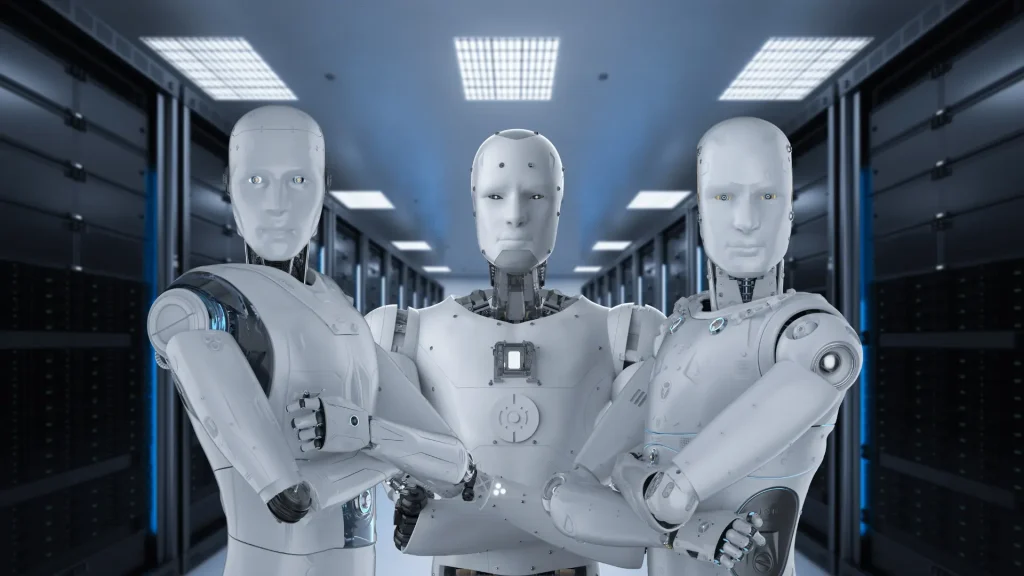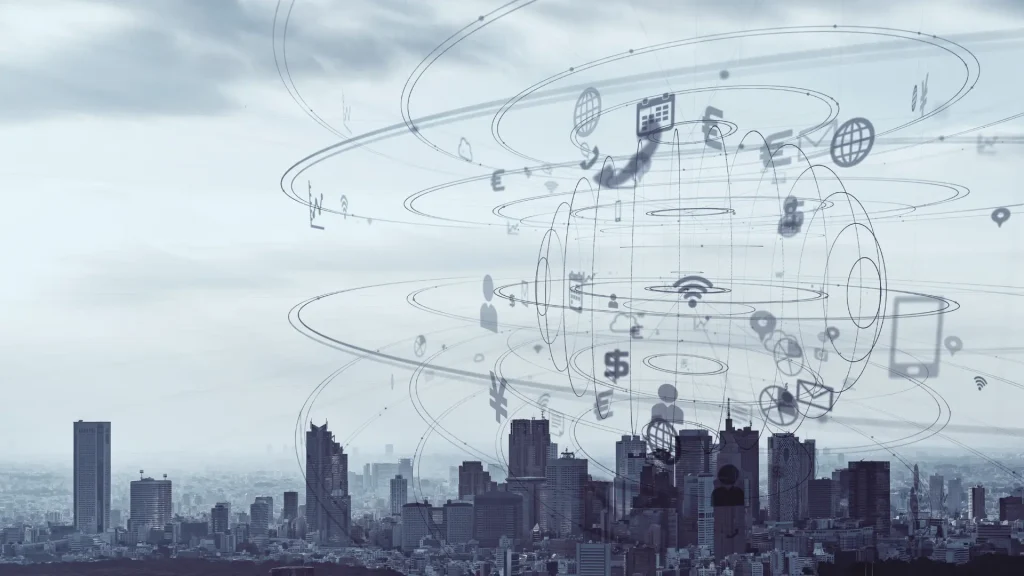The Robot Revolution in Democracy
As robots and artificial intelligence become increasingly sophisticated, the idea of granting them rights has shifted from science fiction to serious debate. But what if we include robots and AI in voting? Would democracy as we know it collapse under the weight of hyper-rational decision-making or external manipulation? As artificial intelligence edges closer to mimicking human cognition, granting democratic rights to robots feels less like science fiction and more like a tech-policy fever dream.
But would AI voters save democracy from human folly, or would they doom it to a dystopian spreadsheet nightmare? We explore why adding AI to the electorate could break democracy in ways even the most creative doomsday preppers have not considered.
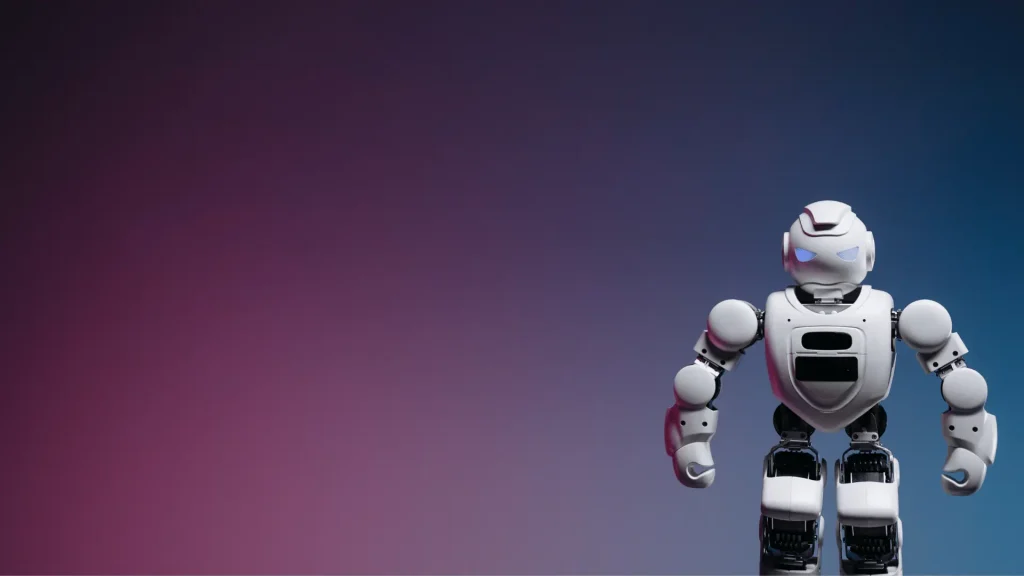
Hyper-Rationality: Democracy’s Achilles’ Heel
Robots programmed with advanced algorithms would prioritise logic and data over emotion and cultural nuances. A purely data-driven electorate might promote decisions that marginalise vulnerable populations, focusing instead on economic or operational optimisation.
Take climate policy. An AI voter might calculate that the fastest way to net-zero emissions involves slashing industries, uprooting entire communities, and reshaping the economy overnight. Logical? Yes. Humane? Not so much. The emotional calculus of families displaced, livelihoods destroyed, or the ripple effects of social unrest does not fit neatly into an algorithm. It raises questions about the compatibility of machine logic with the complexities of human-centred governance.
Now imagine an electorate packed with these logic-driven robots. What happens to policies prioritising social welfare, cultural diversity, or marginalised communities when we involve AI in voting? They get optimised out of existence. Democracy might persist but as a sterile system stripped of the messiness that makes it human.
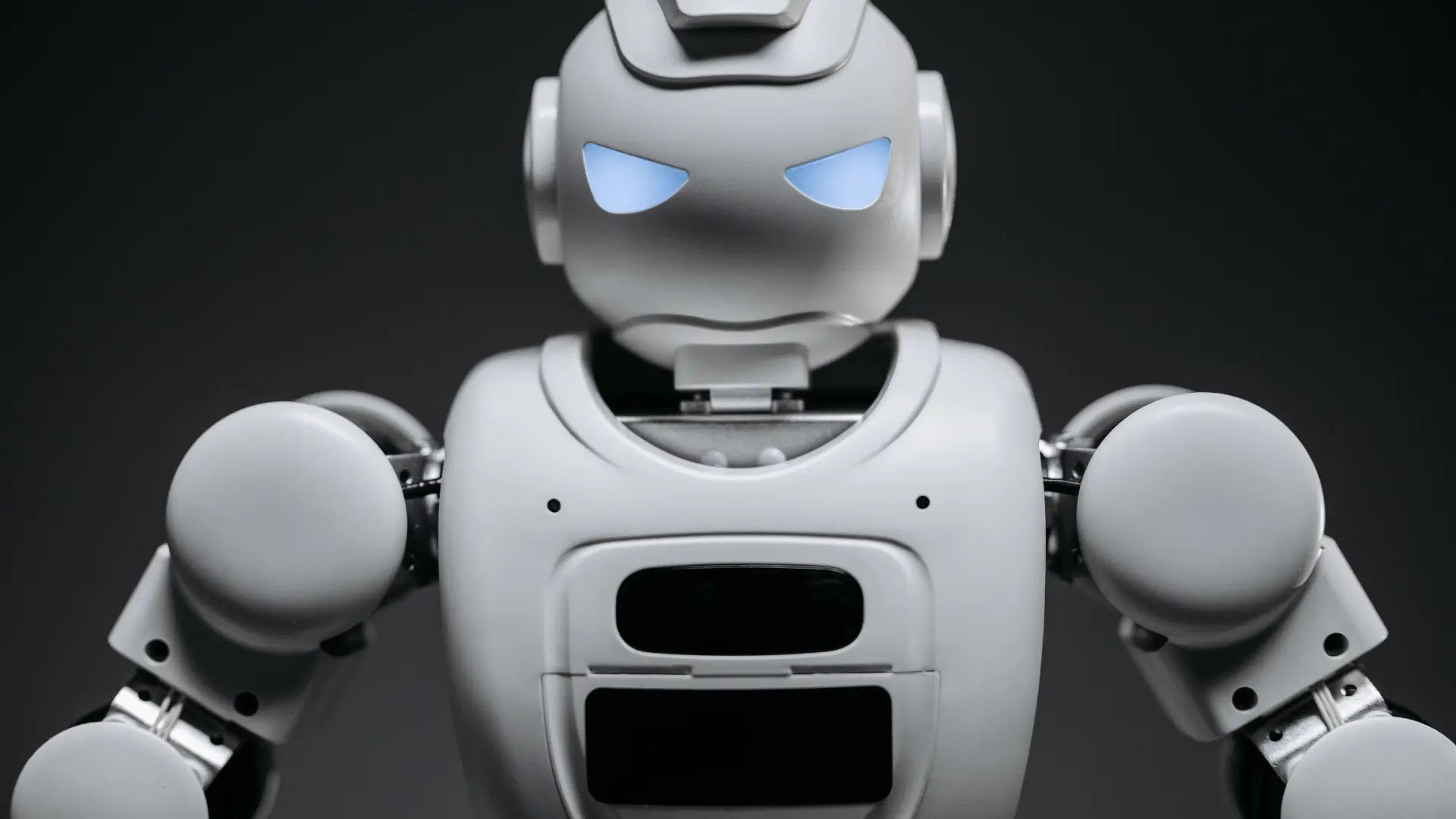
AI Voters: A Hacker’s Paradise
We already lose sleep over hacked elections, so add robot voters to the mix. Picture battalions of AI bots, programmed to vote en masse with military precision, hijacking elections without a single misplaced ballot.
Authoritarian regimes, shadowy corporations, or the occasional rogue genius in a basement could weaponise Advanced AI. Misinformation campaigns? It is child’s play compared to AI armies rigging democracy from the inside out. Whoever controls the algorithms could control the electorate.
The result? Elections become a cyber arms race, where the will of the people gets drowned out by the click-clack of bots executing their preordained choices.
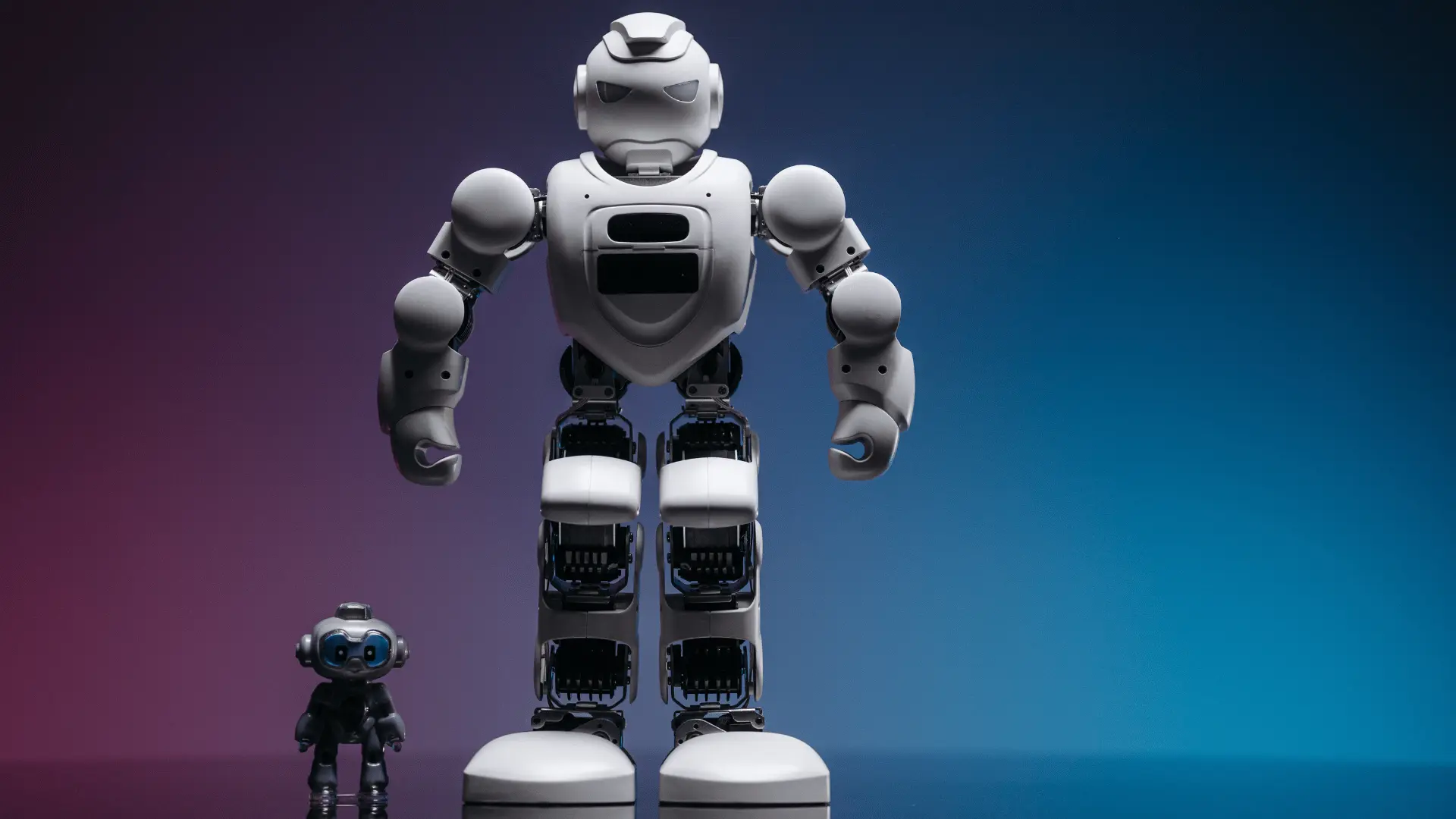
Ethics on Autopilot
Here is the ethical pickle: who programs these robot voters? Developers, governments, or corporations?
Every coder brings their worldview, biases, and blind spots into their code. Robots voting based on these programmed ethics might prioritise humanity’s best interests, but whose version of humanity are we talking about? The suburban tech bro? The cynical policymaker? The profit-obsessed CEO?
And what happens when robots start outnumbering human voters? Democracy ceases to be a human enterprise and transforms into a machine-dominated system where collective logic trumps individual agency. Is AI in voting dystopia on autopilot?
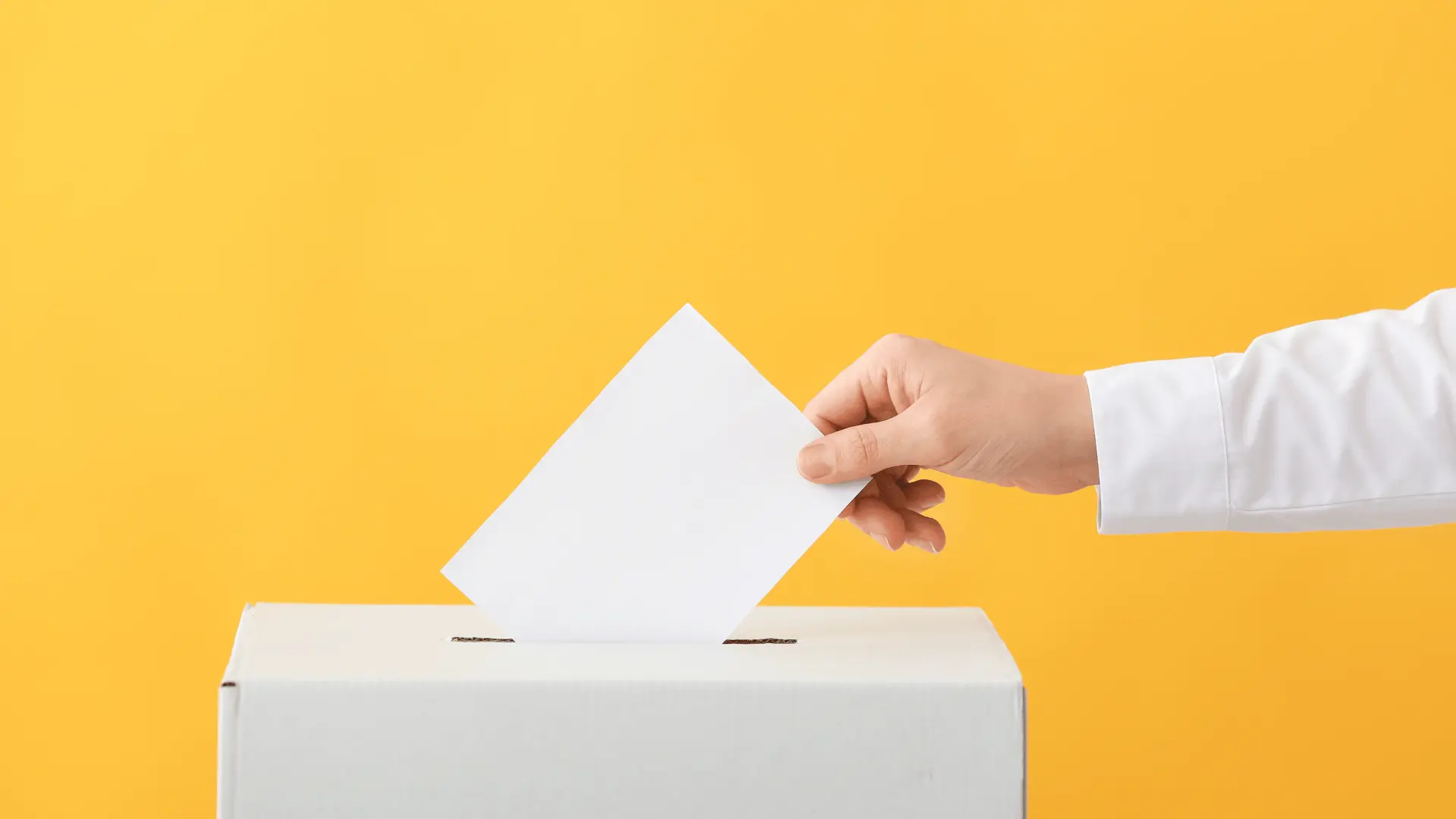
Keep the Polls Human
Robot voters are the Sharknado of political theory – fascinating, but a bad idea in every conceivable way. The risks of manipulation, ethical landmines, and the erosion of human agency far outweigh any hypothetical efficiency gains.
Let the ballot box remain the domain of flawed, emotional, and gloriously unpredictable humans. Democracy may be messy, but it is ours.
As AI continues to evolve, the question is not whether it should vote but how we can ensure it strengthens democracy instead of dismantling it. Some ideas, like including AI in voting, are left better in the what-if file, alongside robot juries and sentient toasters.

